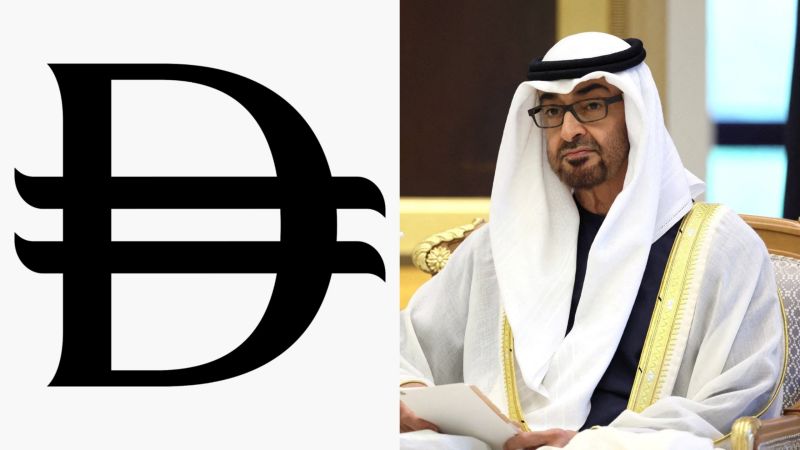Dubai is moving rapidly toward its ambition of becoming one of the world’s leading cashless economies, with officials targeting 90% of all transactions to be digital by 2026. The drive, part of the broader Dubai Economic Agenda (D33), was formally launched under the Dubai Cashless strategy in October 2024.
Authorities see the project as central to positioning Dubai as a global hub for digital finance and investment, supported by partnerships across government agencies and the private sector.
Digital milestones
Since its launch, Dubai has already made significant strides. In 2023, collaborations with Network International and the Dubai Digital Economy Chamber accelerated digital transformation, enabling 97% of government services and 92% of small and medium-sized businesses (SMEs) to adopt electronic payment systems.
A recent partnership between the Dubai Department of Finance and the General Directorate of Residency and Foreigners Affairs further strengthened the city’s digital infrastructure.
The Aani instant payments platform has also been a key driver, surpassing 1.5 million users by February 2025. According to the World Bank, Dubai achieved a 94% financial inclusion rate in 2024, one of the highest globally.
Boost to the economy
Experts predict that the transition to a cashless economy could add more than AED 8 billion to Dubai’s GDP by 2026.
“This change is more than just a payment upgrade—it is the foundation of digital investment,” said Amina Taher, Chief Marketing Officer at Wio Digital Bank. The neobank currently serves over 100,000 SMEs, offering digital accounts and virtual cards to manage salaries, bills, and payments.
The rollout of mobile wallet services such as Apple Pay and Google Pay has further encouraged adoption. Enhanced fraud detection, powered by data-driven systems, has also strengthened consumer confidence.
According to Vijay Valecha, Chief Investment Officer at Century Financial, 70% of all transactions in Dubai and 84% across the UAE are already cashless. He noted rapid growth in “Buy Now, Pay Later” (BNPL) services, with the UAE’s BNPL market valued at $4.25 billion in 2025 and projected to reach $9.8 billion by 2030.
Challenges ahead
Despite the progress, challenges remain. Surveys indicate that 84% of UAE residents worry about online fraud, with older residents showing reluctance to adopt e-wallets and mobile payments.
Banks are responding with stronger protections, including biometric verification, tokenisation, and AI-driven fraud monitoring. Emirates NBD’s Liv platform is among those pioneering secure digital identity solutions.
Traditional businesses in local markets also require support. Programmes such as We Support You have been introduced to help small retailers upgrade systems and transition to digital payments.
Analysts argue that tackling cybersecurity risks and bridging generational divides will be critical if Dubai is to fully realise its cashless vision by 2026.

